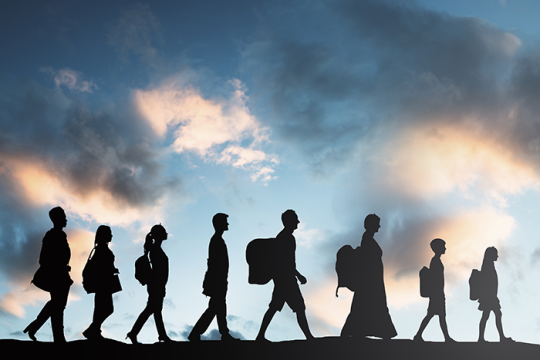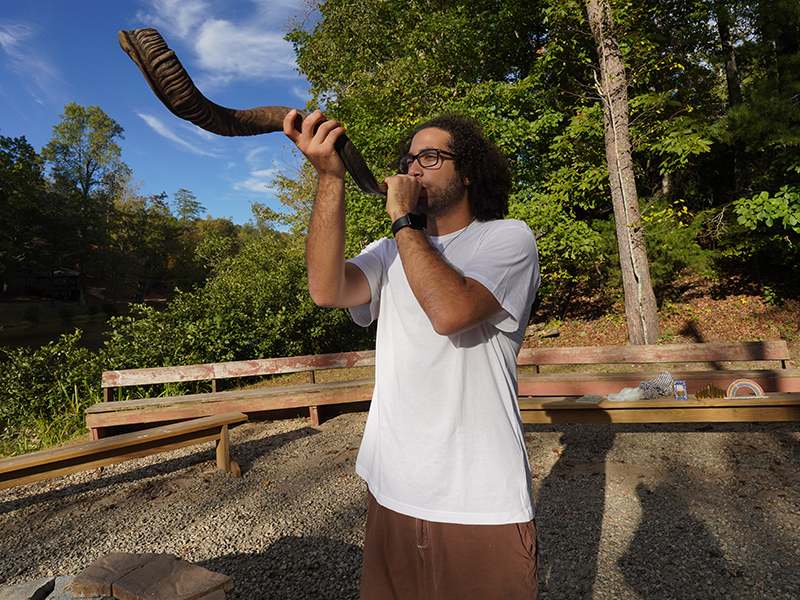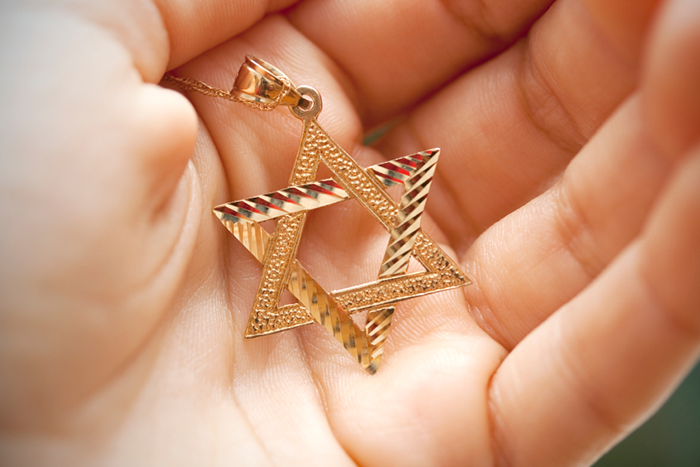
What do you think when you hear the words “Jewish identity safety?” As a Jew, do you feel welcomed and safe to express your authentic self in all aspects of your life? As an educator, I've championed identity safe classrooms, based on research that indicates when students’ identities are affirmed, they perform better in school. When I discovered identity safety research, I was captivated by the idea of intentionally creating spaces where everyone feels safe and free to express all aspects of their social identities. It became my mission to bring this to teachers, and it resonated with my personal journey.
My parents grew up in Nazi Germany and barely escaped. Both were subject to anti-Jewish hate, kicked out of school, and lost relatives in the Holocaust. I grew up in the shadow of their trauma. They instilled in me the concept of “,” that we are all equal in the eyes of God.
In my life, I was called “dirty Jew” and changed my name from Esther to Becki to fit in. My parents were grateful to come to America and pursue a seemingly bigotry-free life, but to me, America needed to do more. I grew up in an era when movements for civil rights, women’s rights, disability rights, and LGBTQ+ rights brought people together to work for social justice.
Through most of my life, I didn’t feel the need to focus on identity safety for Jews. My (white) Jewish friends and I felt mostly accepted, safe, and included in American society. Recently, though, it feels as if that has changed. Antisemitism has increased noticeably. Today is the most challenging moment for American Jews in my lifetime.
In my Jewish education classes, we have always asked, “What does it mean to be a Jew?” Now, we are re-examining our answers. Many people, mostly white Jews, are worried about security for the first time. Some are afraid to wear Jewish Stars and in public. At the same time, we’re experiencing division within our own community. People are finding themselves at odds with members of their family over Israel and definitions of antisemitism.
To begin to unpack Jewish identity safety, I offered a Jewish Identity Safety Circle at my synagogue, Congregation Beth El in Berkeley, CA. Our congregation engages in a model called “Circles,” lay-led short-term groups that explore different topics of interest. My goal was to open a conversation about what our Jewish identities mean to us and how we can share our different aspects of it with each other in ways that will help us create identity safety with our families and others in the community.
Six participants enrolled, eager to dive in. At our first session, we introduced ourselves and identified topics that mattered most to us. From then on, these became the themes that we explored at each session. We also created a set of Jewish Identity Safety Community Agreements to help us speak respectfully, be open to one another, and ensure each person had a chance to speak. The agreements were extremely useful because at one session, we had a sudden flare-up on the topic of Israel. As facilitator, I referred to our agreements, reminding everyone that we agreed to listen without judgment. Luckily, through respectful dialogue, we recovered and drew closer.
Over the weeks, the bonds that drew us together grew as we discovered that our Jewish identities were even more nuanced than we thought. We discussed our ancestry and what was passed down about Judaism in our families. We shared about how we were passing Judaism to our children and some of the challenges we faced in parenting. We explored the impact of antisemitism on our lives over the years and how we see it manifesting today. We talked about our feelings about God, ritual, and spirituality.
We found many similarities and many differences. One grew up Orthodox, while another learned about Judaism and had a Bat Mitzvah as an adult. Several attended Torah Study and others were deeply engaged with in the greater community. One member talked of how her adult children connected to Judaism through cultural experiences with food, music, and even humor. We had different concepts about God and varied views about Israel. We also discovered many similarities. We all loved celebrating Sukkot, Passover, and other holidays with our families, and we deeply valued the sense of community we felt in our congregation. We formed lasting bonds and even have scheduled a reunion on Zoom because one of our members moved to the East Coast.
Cultivating Jewish identity safety enriches our connections with each other as we continue to strive for a deeper understanding and affirmation of our shared humanity. This journey of self-discovery and learning is about safety, personal growth, and empowering ourselves to express our Jewish identities. If you want to help promote identity safety in your community, I recommend starting with creating a shared agreement to ensure that everyone is treated with respect. For more help building a space where you can have open dialogue, even around difficult topics, take a look at the URJ’s Talk for a Change curriculum.
What is your sense of Jewish identity safety? How can you find opportunities for exploring what Judaism means to you and sharing it with your loved ones and others in your community?
Related Posts
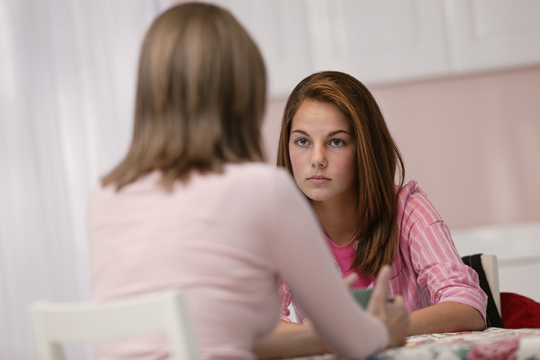
Facing a World on Fire on Tishah B’Av
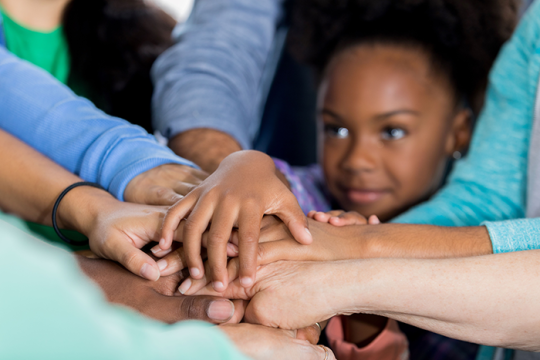
Diversity, Equity, and Inclusion is a Human Right
